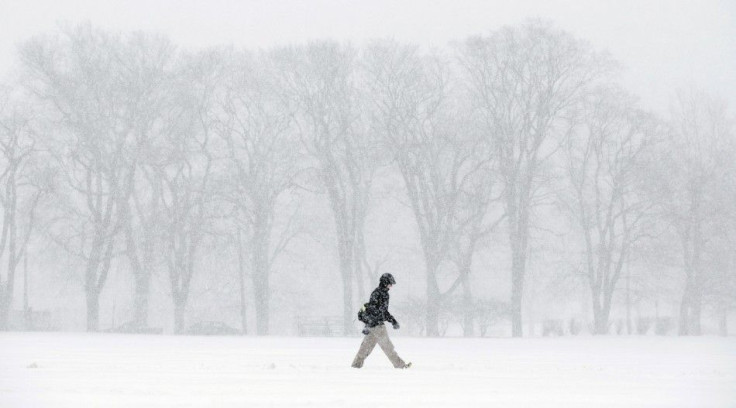Common Cold Grows In Chilly Weather, Study Finds
Cold weather affects the body's ability to fight the common cold virus

Chilly weather numbs the body's ability to fight the common cold. The virus that causes common cold replicates better at cooler temperatures because at cooler temperatures the human antiviral immune system is not as responsive as at higher temperatures.
A new study conducted by Yale University has found that the human rhinovirus, the common cold virus, replicates better at the cooler temperatures found in the nasal cavity than at core body temperature found in the lungs. The study conducted experiments on mice and found that the organism's antiviral defence system worked significantly better at 37 degrees Celsius relative to 33 degrees Celsius.
This study, published in the Proceedings of the National Academy of Sciences, supports the popular notion that people are more likely to catch a cold in winter rather than in summer. Earlier studies on this, though, have concentrated on how cooler temperatures affect the cold virus, whereas this study focuses on how the human immune system responds to changes in temperature.
The study on rhinovirus responses found that in cooler temperatures of 33 degrees Celcius found in the nasal cavity, the virus was replicating faster than at warmer temperatures of 37 degrees Celcius found in the lungs. This suggests that the virus alone is not tempterature-dependent and that the immune system is also temperature-dependent. The study concludes that the human immune system responds better at higher temperatures.
Approximately 20 per cent of people host rhinovirus in their nasal cavity at any given point of time. The lower the temperature, the higher the likelihood of catching a cold, therefore it is important to cover the nose as well, if a cold is to be avoided.
The rhinovirus can cause serious breathing difficulty in children who have asthma, and this study points in a direction of research into rhinovirus induced asthma, especially in children.
To contact the writer, email: sonali.raj@gmail.com




















